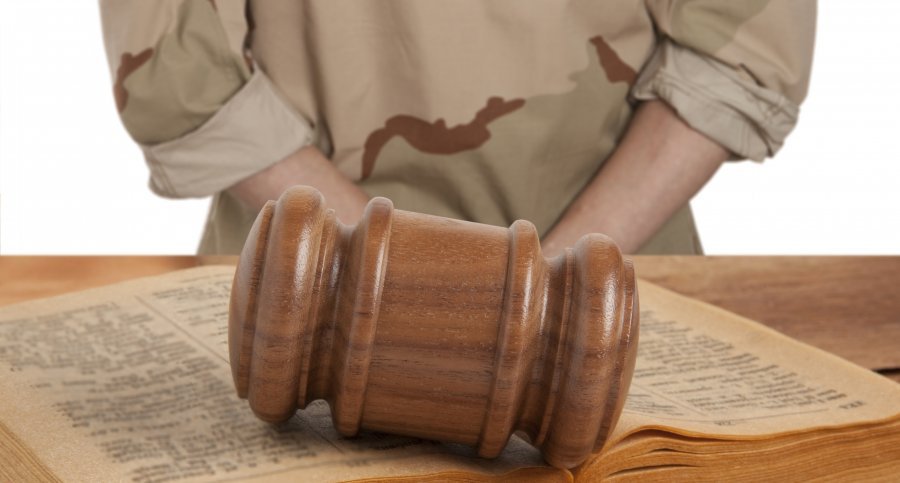The court system works to ensure people have fair and speedy trials, no matter who the person is. However, what many people do not know is that there are different types of courts, including military courts and civilian courts. While the goal remains the same, the different courts work with different people. Some courts specialize in working with special people to ensure they receive the type of respect they deserve. Other courts blanket together people under one court system because the people do not fit into any specialized category. This is how we have military courts and civilian courts.
While you may feel a court is a court and wish to simply get the court process over with, you may be doing yourself a disservice by doing so. There are different courts for good reason, and you could receive better assistance with your case in the court you fit into the best. For example, if you have military experience, you may wish to enter military court to give you more respect in the legal process and more individualized treatment. For a military court case, you will wish to hire a lawyer with experience in those types of cases. They are complicated to navigate due to the severity of them, and only the best lawyers understand the ins and outs of military court. However, let’s see where your case belongs.
What Is Military Court?
Military court covers severe crime accusations faced by members of the military, or in military actions. There is a system of rules that covers these types of cases specifically, specializing themselves away from civilian court. The military court system is a completely separate entity from civilian court, meaning your case cannot be tried in both court systems. This set of laws covers the majority of military members. This means if you are a member of the Air Force, Army, Coast Guard, Marines and Navy, you can see your case tried in Military Court.
What Is Civilian Court?
Civilian Court is essentially the opposite of Military Court. Much more basic and wide-spread, Military Court covers cases that do not involve military members. The court uses the general set of laws people face on a day to day basis with no specializations. With that in mind, if you are a non-military member, you will see your case tried in civilian court. There is no reason to fear civilian court, it is simply a normal court with the lack of a specialization and respect of military members. However, if you are a military member, by using civilian court, you are turning down the possibility of using the specialized court system put together just for you. You are using civilian laws, the civilian system, and everything put together for those who are not military members. Making this choice is turning down specialized treatment, an unwise decision.
What Do I Do About A Military Court Case?
Military court cases cover specifically military crimes. That means crimes committed in the military, and/or by a military member. Some of these crimes are specific to military actions. One example is refusing to obey the order. Others are mutiny, sedition, or insubordinate conduct. As you can tell, these cases range depending on the military actions. However, many of the cases include actions that would normally receive trial in civilian courts as well. Cases such as robbery, assault, and murder can be tried in military court, simply receiving the military aspect for being a part of the military. If a crime breaks both civilian and military law, it can be tried in the military court system, for example.
Court-Martials and Military Lawyers
One important aspect of the military court system to know is military court-martial. Military court-martial works in three different ways. Summary, special and general. They come with different punishments, and different make-ups.
A summary court-martial resolves minor crimes. They carry minor punishments and only one commissioned officer makes it up.
A special court martial receives usage for crimes like misdemeanors. At least three enlisted members and one judge make these up. The accused may be tried by the judge alone at their request. Maximum penalties range from confinement to worse pay-grade.
Finally, a general court-martial is used for the worst crimes. The military judge and at least five military members make it up. In these cases, punishments are incredibly severe, with a death penalty serving as a possibility.
If you fear that your case will bring you worse results in military court, know that there are lawyers who specialize in military court cases. These lawyers studied how to manage military courts cases specifically, as remember, the laws differ from civilian court cases. Due to the different set of laws, they mastered the art of military court cases with the idea of helping people just like you in mind.












